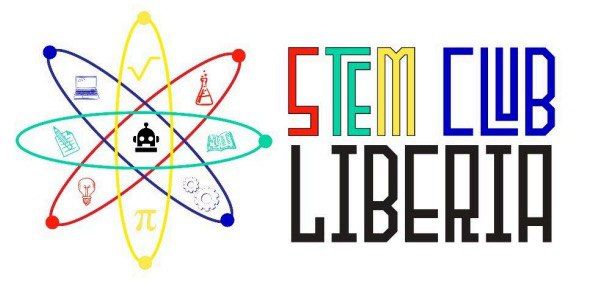The Impact of STEM Education on Liberia's Future Workforce
Introduction to STEM Education in Liberia
Science, Technology, Engineering, and Mathematics (STEM) education is becoming a cornerstone for developing nations worldwide. In Liberia, a country brimming with potential yet grappling with economic challenges, the focus on STEM education is vital. By integrating STEM into the national curriculum, Liberia aims to equip its young population with the necessary skills and knowledge to navigate the complexities of the modern workforce.

The Importance of STEM for Economic Development
The global economy is increasingly driven by technology and innovation. For Liberia, embracing STEM education can be a transformative step towards economic growth. By fostering a generation of problem-solvers and innovators, the country can stimulate local industries, create job opportunities, and attract foreign investments. This transformation is essential for reducing poverty and improving living standards across the nation.
Creating Skilled Workforce
A strong STEM curriculum prepares students for careers in diverse fields such as engineering, information technology, and healthcare. These sectors are crucial for national development and are often linked to higher-paying jobs. As Liberia develops its STEM education, it will benefit from a skilled workforce that can contribute to both local and global markets.

Challenges Facing STEM Education Implementation
Despite its potential benefits, implementing STEM education in Liberia faces several hurdles. Limited resources, inadequate infrastructure, and a shortage of qualified teachers are significant challenges. Furthermore, there is often a lack of awareness about the importance of STEM subjects among communities and educational authorities.
Overcoming Barriers
To overcome these challenges, it's essential for government bodies, private sectors, and international organizations to collaborate. Investing in teacher training programs, improving educational facilities, and providing necessary learning materials are critical steps toward building a robust STEM education system. Additionally, raising awareness about STEM’s potential can inspire students and parents to prioritize these subjects.

Success Stories and Future Prospects
Several initiatives have already started to make a positive impact. Programs focusing on coding, robotics, and digital literacy have been introduced in some schools with promising results. These success stories highlight the potential of STEM education to transform lives and communities across Liberia.
The Role of Technology
Technology plays a pivotal role in enhancing STEM education. By integrating digital tools and resources into classrooms, teachers can provide more interactive and engaging learning experiences. This approach not only makes complex subjects more accessible but also prepares students for a tech-driven world.

Conclusion: A Bright Future for Liberian Youth
The impact of STEM education on Liberia’s future workforce is profound. By investing in and prioritizing these subjects, the country can cultivate a new generation of thinkers and leaders who will drive economic growth and innovation. With continued support and commitment from all stakeholders, Liberia can harness the power of STEM to secure a brighter future for its youth.
